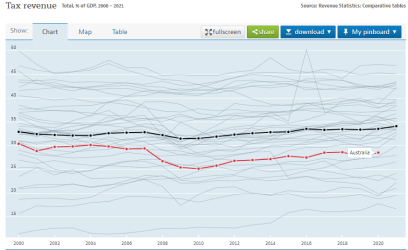Duffa
Established Member
- Joined
- Aug 18, 2011
- Posts
- 1,662
So, I'm on holiday and relaxing in UK. Been to Lord's.
Watching tennis and Tour de France on the tele without getting/staying up in the middle of the night.
I have time to reflect.
Ms Duffa is a mortgage holder. I paid mine off a long time ago.
Her repayments have gone up by the 10's of thousands per annum as they have for many young people.
Her bank is posting record profits (of which, I am a beneficiary in dividend, saving rates and occasionally share price?)
Taxes would take her money from the banks and could fund hospitals etc etc (so I still win..)
THIS IS NOT A POLITICAL DIATRIBE
I would like an economist, an accountant, or even someone from PwC, to reply.
Even if the first answer is "you d"""****"", that won't work because of A, B, C, supply side, reverse economic demand infrastructure....... yada yada.
I will be happy and informed.
I just want to know. Is this a dumb light-bulb moment?
D
p.s. - I am really pïssed off with Amex and BOM, SQ devaluation - just in case you thought I had forgotten the primary focus of this forum.....
Watching tennis and Tour de France on the tele without getting/staying up in the middle of the night.
I have time to reflect.
Ms Duffa is a mortgage holder. I paid mine off a long time ago.
Her repayments have gone up by the 10's of thousands per annum as they have for many young people.
Her bank is posting record profits (of which, I am a beneficiary in dividend, saving rates and occasionally share price?)
Taxes would take her money from the banks and could fund hospitals etc etc (so I still win..)
THIS IS NOT A POLITICAL DIATRIBE
I would like an economist, an accountant, or even someone from PwC, to reply.
Even if the first answer is "you d"""****"", that won't work because of A, B, C, supply side, reverse economic demand infrastructure....... yada yada.
I will be happy and informed.
I just want to know. Is this a dumb light-bulb moment?
D
p.s. - I am really pïssed off with Amex and BOM, SQ devaluation - just in case you thought I had forgotten the primary focus of this forum.....






















